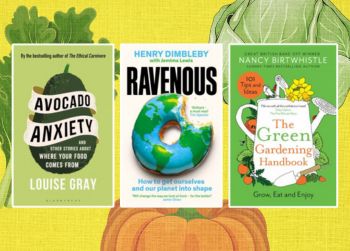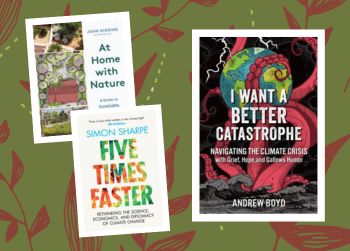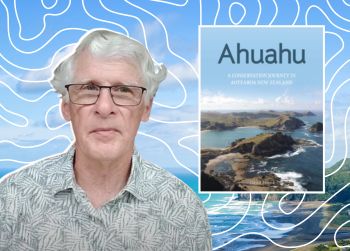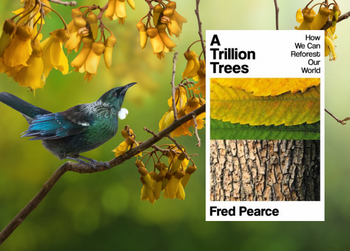This month we have new books spilling the beans (but not letting them go to waste!) on how to eat sustainably. We can learn about the journey our fruits and vegetables take to get from the tree to our plate in Avocado Anxiety. If we want to grow our own food, there are many books to choose from, like The Sustainable Homestead or A Conscious Garden. If we want to see the bigger picture, we can learn about the mechanism of the food industry that impacts the world in Ravenous. Check them out now:
The sustainable homestead : create a thriving permaculture ecosystem with your garden, animals, and land / Ferraro-Fanning, Angela
“Whether you’re just dreaming, working on site selection, or an experienced homesteader, The Sustainable Homestead is the go-to resource to bring permaculture techniques to your crops, animals, and more.” (Catalogue)
Avocado anxiety : and other stories about where your food comes from / Gray, Louise
“How do we stop worrying about our food choices and start making decisions that make a difference? Through visits to farms, interviews with scientists and trying to grow her own, Louise Gray digs up the dirt behind organic potatoes, greenhouse tomatoes and a glut of courgettes.” (Adapted from Catalogue)
Sustain : groundbreaking recipes and skills that could save the planet / Barrett, Jo
“Sustain: Groundbreaking Recipes And Skills That Could Save The Planet features over 90 recipes across 30 meals mastering a series of skills, which lead to a more sustainable kitchen.” (Catalogue)
Continue reading “Spilling the beans on our new sustainability books”






